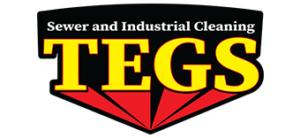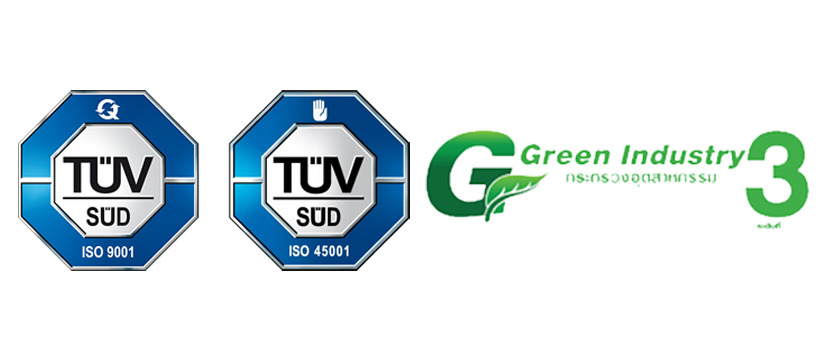High-Pressure Water Pumps Enhance Industrial Cleaning
High-pressure water pumps are a cornerstone in industrial cleaning, providing the power and precision needed to tackle the toughest grime and residue. By generating water pressure up to 3000 bar, these pumps are specially designed to remove stubborn deposits from machinery, pipes, and other industrial equipment. This makes them indispensable in maintaining the cleanliness and functionality of various industrial facilities.
We employ high-pressure water pumps in a range of applications, from manual gunning and hydro blasting to automatic tank washing. These tools are not only efficient but also versatile, adapting to different industries like power plants, manufacturing units, and chemical processing plants. Their ability to deliver targeted cleaning without damaging surfaces is a major advantage in preserving the integrity of critical equipment.
Understanding the role and benefits of high-pressure water pumps can help us make informed decisions about our cleaning processes. By incorporating best practices and regular maintenance, we can maximise the effectiveness of these powerful tools, ensuring that our industrial environments remain clean, safe, and operational.
The Basics of High-Pressure Water Pumps in Industrial Cleaning
High-pressure water pumps are designed to produce powerful jets of water capable of reaching up to 3000 bar. These pumps are the heart of many industrial cleaning processes, providing the force needed to dislodge and remove tough grime and debris. We use these pumps in various settings, adjusting the pressure levels according to the specific cleaning needs of different machines and surfaces.
The primary components of a high-pressure water pump system include the pump itself, hoses, and various nozzles. The nozzles determine the shape and strength of the water jet, allowing us to target specific areas effectively. It’s essential to understand the basics of how these pumps work and how to choose the right nozzles and settings for each task. This knowledge ensures that we can apply the right amount of pressure without damaging sensitive equipment or surfaces.
Key Benefits of Using High-Pressure Water Pumps
The use of high-pressure water pumps in industrial cleaning offers numerous benefits, making them invaluable for maintaining facility cleanliness and machinery efficiency. One major advantage is their ability to cut through stubborn residues that traditional cleaning methods cannot handle. This capability ensures that even the most challenging cleaning tasks are completed efficiently and effectively.
Moreover, high-pressure water pumps are environmentally friendly, as they rely on water instead of harsh chemicals to achieve the desired cleaning results. This reduces the risk of chemical exposure and contamination, promoting a safer and more sustainable cleaning process. Another significant benefit is the reduction of manual labour, as these pumps can perform intensive cleaning tasks quickly, freeing up our personnel to focus on other essential duties.
By efficiently using high-pressure water pumps, we can maintain cleaner, safer, and more operational industrial environments. These pumps enhance the overall productivity and longevity of our equipment, ultimately contributing to smoother and more effective operations.
Applications of High-Pressure Water Pumps in Various Industries
High-pressure water pumps find extensive use in a variety of industries, providing effective cleaning solutions tailored to each sector’s needs. One significant application is in power plants, where these pumps are utilised to clean turbines, condensers, and boilers. The high-pressure jets remove accumulated deposits and scale, ensuring the equipment operates efficiently and reducing the risk of costly downtime.
In chemical processing plants, high-pressure water pumps play a crucial role in removing chemical residues and buildup from storage tanks, reactors, and pipelines. This thorough cleaning process helps prevent contamination and maintains the purity of the products. Additionally, in the manufacturing industry, these pumps are employed to clean machine parts and assembly lines, improving production quality and extending the life of the machinery.
Best Practices for Operating and Maintaining High-Pressure Water Pumps
To ensure the longevity and optimal performance of high-pressure water pumps, we follow several best practices. Routine inspections are essential for identifying wear and tear on the pump components, such as seals and hoses. We check these parts regularly and replace them as needed to avoid leaks and maintain the pump’s efficiency.
Proper training for our personnel is also crucial. By educating our team on the correct operating procedures and safety protocols, we minimise the risk of accidents and equipment damage. This includes understanding the correct pressure settings and nozzles for different cleaning tasks and ensuring that we use the right tools for each job.
Regular maintenance, such as cleaning the filters and ensuring the moving parts are lubricated, also plays a vital role in keeping the pumps in top condition. By adhering to these practices, we can maximise the pumps’ lifespan and keep our industrial cleaning processes running smoothly.
Conclusion
High-pressure water pumps are an invaluable asset in industrial cleaning, offering powerful and precise cleaning capabilities that improve efficiency and safety across various industries. Understanding their applications and benefits enables us to make informed decisions about their use. By following best practices for operation and maintenance, we can keep these essential tools in excellent working condition, ensuring they serve us well for years to come.
If you want to learn more about how to enhance your industrial cleaning processes with advanced high-pressure water pumps, consider reaching out to TEGS Thailand. Our expertise can help you achieve optimal cleanliness and efficiency in your operations.




